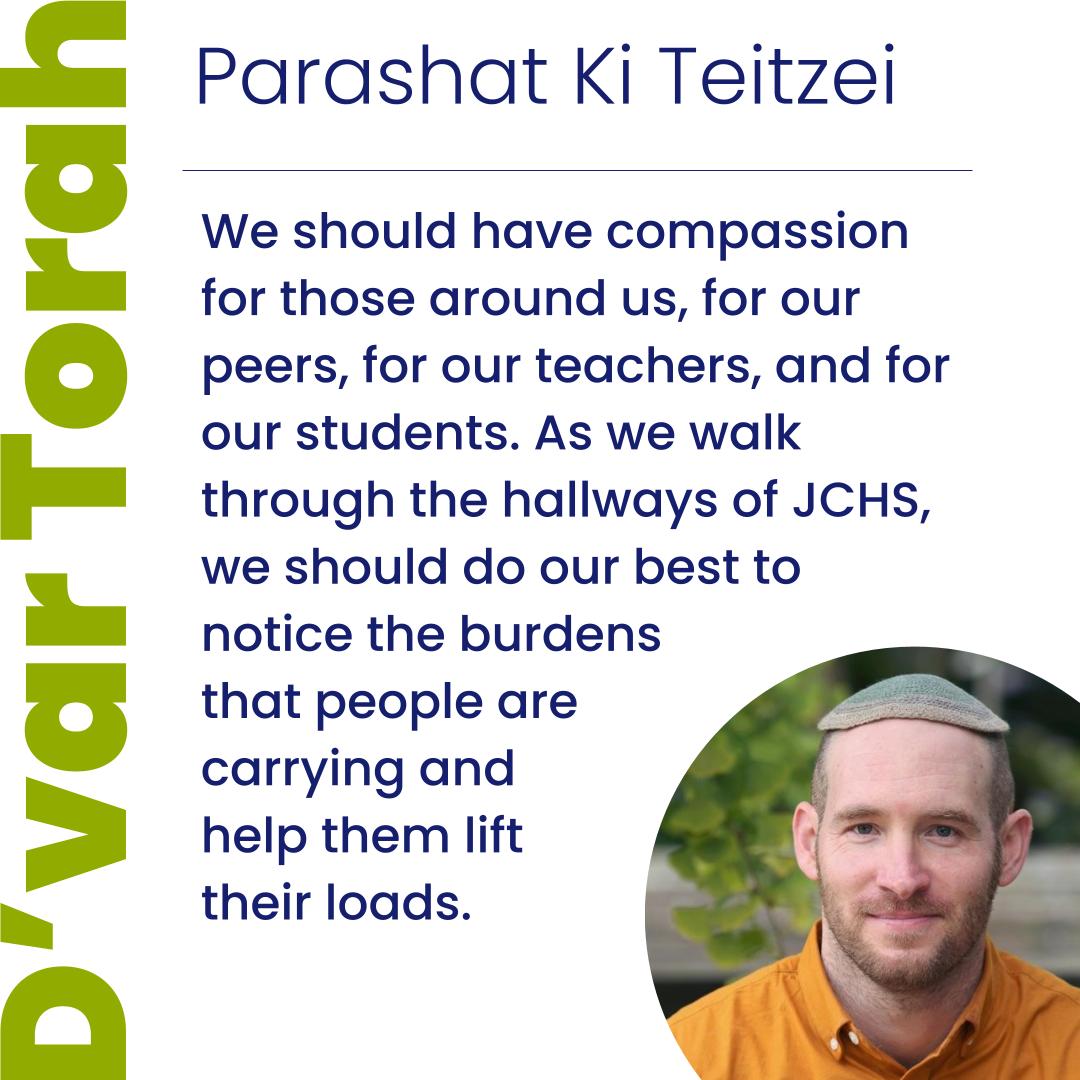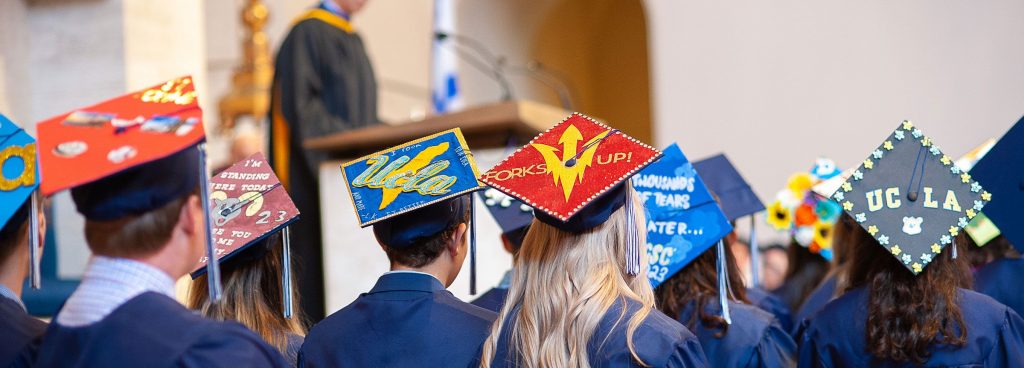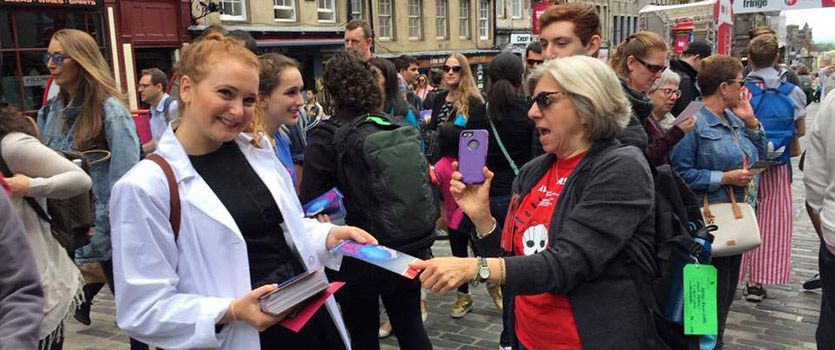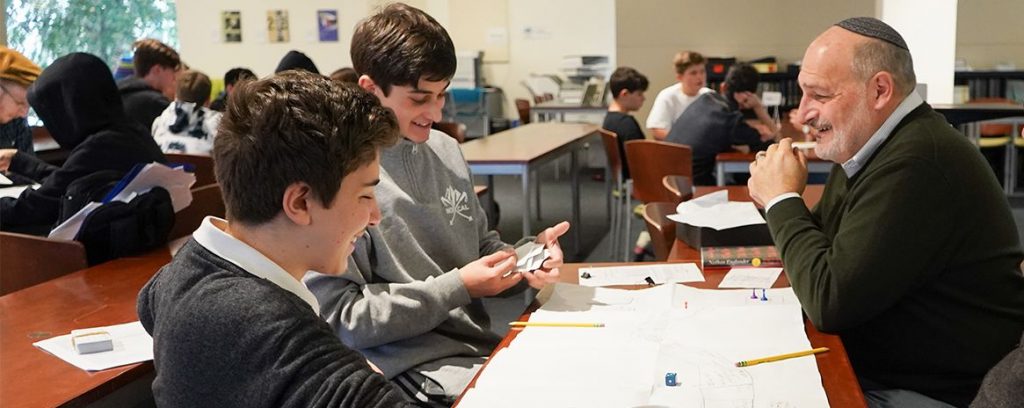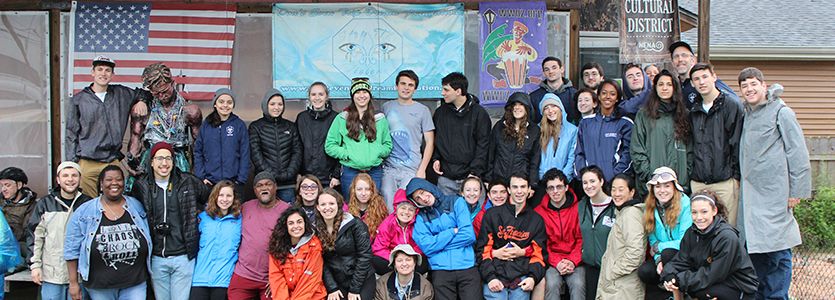by Rabbi Josh Buchin, co-Dean of Students
This week’s Torah portion, Ki Teitzei, contains a collection of laws that provide a blueprint for how to navigate challenging situations and how to create lives of deep meaning and compassion. One such law is found in Deuteronomy 22:4, where we are given a commandment about how we are to treat an animal that we find on the road. The Torah says:
“If you see your fellow’s ass or ox fallen on the road, do not ignore it; you must help him raise it.”
The Torah is telling us that we have a duty to help an animal struggling under the weight of a load. But is our obligation to the animal or to the neighbor? According to the commentators, the person who we are helping is actually ourselves.
Onkelos, an Aramaic translation of the Torah from the 2nd century CE, crucially adds the phrase “you must let go of what is in your heart against him” to the verse. Perhaps this was the subtext of the Torah verse to begin with, but in spelling it out Okelos reminds us of the deeper intention of this text. It is not enough to help an animal or a neighbor with your actions if we have not done the inner work of letting go of whatever strife we had with him to begin with.
The Talmud, the central work of Rabbinic thought and commentary, builds on this idea. In Bava Metzia 32a, we are told:
“If the owner went, and sat, and said to a passerby: Since there is a mitzva incumbent upon you to unload the burden, if it is your wish to unload the burden, unload it, in such a case the passerby is exempt, as it is stated: “You shall release it with him,” with the owner of the animal.”
The Talmud, much like Onkelos, emphasizes the relational element in this commandment. It is not enough to simply remove the burden from a fallen animal; we also have to engage in a relationship with the owner of the ox, working together.
These texts have vital lessons, both for Elul, the preparatory spiritual month leading up to Rosh Hashanah (the Jewish new year), but also for the start of the new school year.
There are three takeaways, one from each layer of text, offering us steps to take to have a great year:
From the Torah Verse: We should have compassion for those around us, for our peers, for our teachers, and for our students. As we walk through the hallways of JCHS, we should do our best to notice the burdens that people are carrying and help them lift their loads.
From Onkelos: We should strive to do the inner work that we need to set ourselves up for a year of success. This might mean focusing on time management, setting goals and priorities for the year, and figuring out the routines we need to allow us to thrive.
From the Talmud: We should focus on the relational component of life at JCHS. The second word in the acronym JCHS is Community. We are relational creatures and community is vital for our success. This year, let us work to strengthen existing bonds of community and add new layers of friendship.
And may this be a great year of learning and growth for the entire JCHS community.

